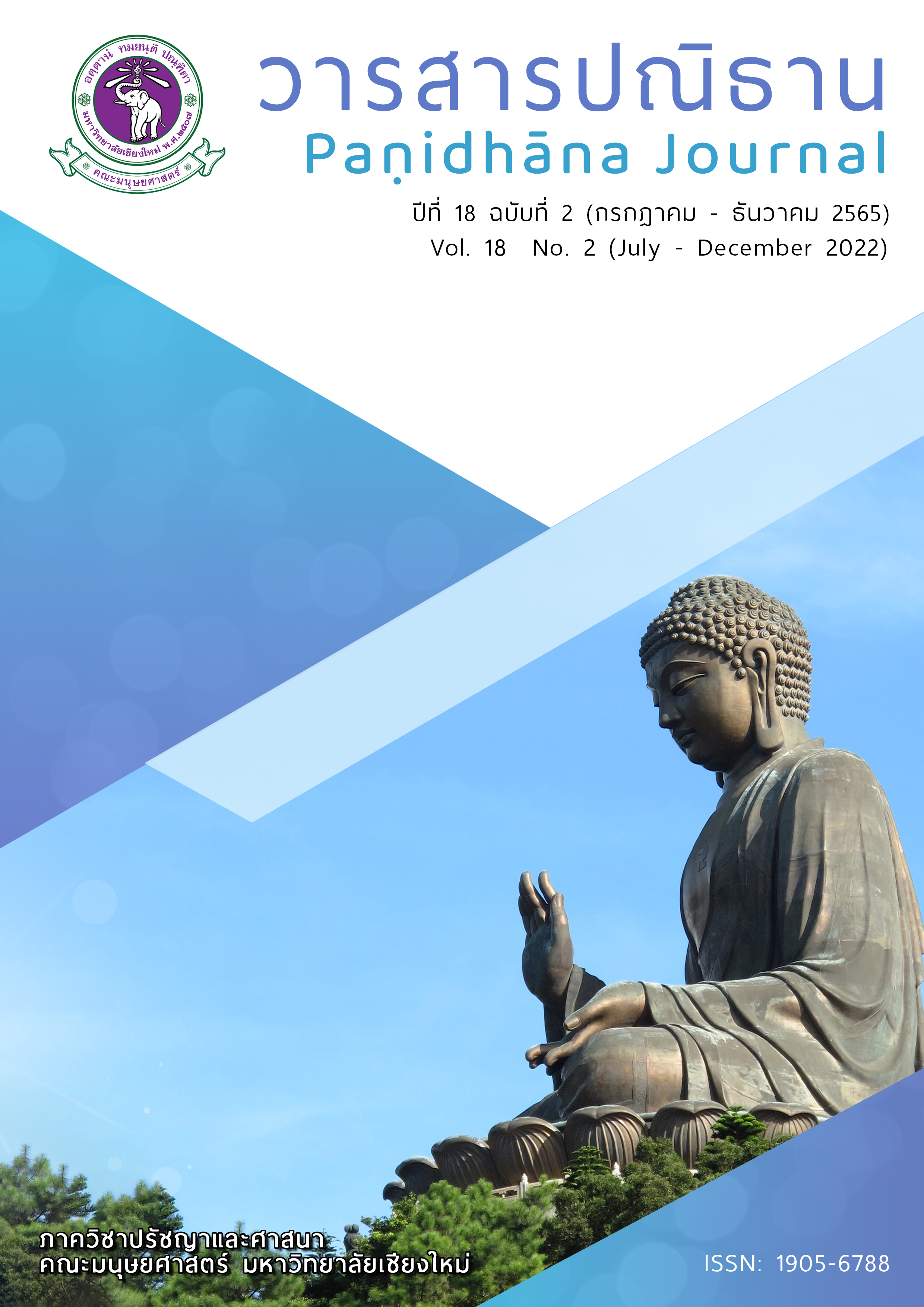Terrorism in Contemporary World: A Study on existential Roots of Terrorism.
Keywords:
Terror, Terrorism, Subject, Violence, ExistentialismAbstract
This research was an attempt to philosophically – and, existentially, - answer the questions as follows: (1) what does it means for an individual to be (in this case became) terrified and resort to terrorism to overcome this terror?, (2) what are the sources of it?, and (3) what are the conditions that make terrorism both contemporary and constant in our existence?. In doing so, the research set out the study by investigating the conception of subject in the modern philosophical context, with the beliefs in the hindsight that; firstly, the appropriate and fruitful way of gaining insight into and making sense of the subject or subjectivity in the contemporary setting is to do it in the modern philosophical scenario, which, in itself, is the result of the advent of the intellectual and philosophical movement called “the enlightenment,” and , secondly, the concept (or concepts) of “subject” is politically constructed, historical variable, and ideological infused, therefore, together with the first belief, the modern subject is best understood within the span of modern period rather than trying to come up with the eternal aspect of subject that is persistent and resistant to time, change, and history. It is found that by exploring into the modern philosophical conceptions of subject, the process of individualization of the modern subject is the process of opposition, therefore, the subject realizes itself through the opposite. In this way, I argue that there are degrees of violence inherent in the modern subject and the conception of the subject because it is based upon the suppression of the opposite, and, through the attempt at doing an existential study into the root cause of violence in the modern subject, it is found that the inherent violence is a logical and, even, natural reaction to “terror,” which is an emotional response to the core of the human condition - “nothingness” at the core of being.
References
Berlin, Isaiah. (1992). The Crooked Timber of Humanity: Chapters in the History of Ideas. New York: Vintage Books.
Bowie, Andrew. (2003). Introduction to German Philosophy: From Kant to Habermas. Cambridge: Polity.
Burt, E.A. ed., (1939). Thomas Hobbes, Leviathan, or The Matter, Form, and Power of a Commonwealth, Ecclesiastical and Civil, in The English Philosophers from Bacon to Mill. New York: Modern Library.
Cottee, S.& Hayward, K. (2011). Terrorist (E)motives: The Existential Attractions of Terrorism. Studies in Conflict & Terrorism, 34(12), 963-968.
Dictionary.com. (2019). https://www.dictionary.com/browse/terrorism. Retrieved July 30, 2019, from https://www.dictionary.com/
Fromm, Erich. (1973). The Anatomies of Human Destructiveness. New York: Holt, Rinehart and Winston.
Heidegger, Martin. (1962) . Being and Time. (Macquarrie, J. and Robinson, E., trans). New York: Harper & Row Publisher.
Melchert, Norman. (2002). The Great Conversion: A Historical Introduction to Philosophy (4th ed.). New York: McGraw Hill.
McBride, M.K. (2011). The Logic of Terrorism: Existential Anxiety, the Search for Meaning, and Terrorist Ideologies. Terrorism and Political Violence, 23(4), 560-581.
Primoratz, Igor., ed., (2004). Terrorism: The Philosophical Issues. New York: Palgrave Macmillan.
Panza, C. and Gregory, G. (2008). Existentialism for Dummies. Indianapolis: Wiley Publishing.Inc.
Sartre, Jean-Paul. (1973). Existentialism and Humanism. London: Methuen.
Tillich, Paul. (2000). The Courage to be (2nd ed.). New Haven: Yale University.
Webel, Charles. (2004). Terror, Terrorism, and The Human Condition. New York: Palgrave Macmillan.
Downloads
Published
How to Cite
Issue
Section
License
Copyright (c) 2022 PAṆIDHĀNA JOURNAL

This work is licensed under a Creative Commons Attribution-NonCommercial-NoDerivatives 4.0 International License.
Copyright of article published in Panidhana Journal is owned by "Panidhana" and its licensors
You may request permission to use the copyright materials on this website by writing to journalphilrecmu@gmail.com






